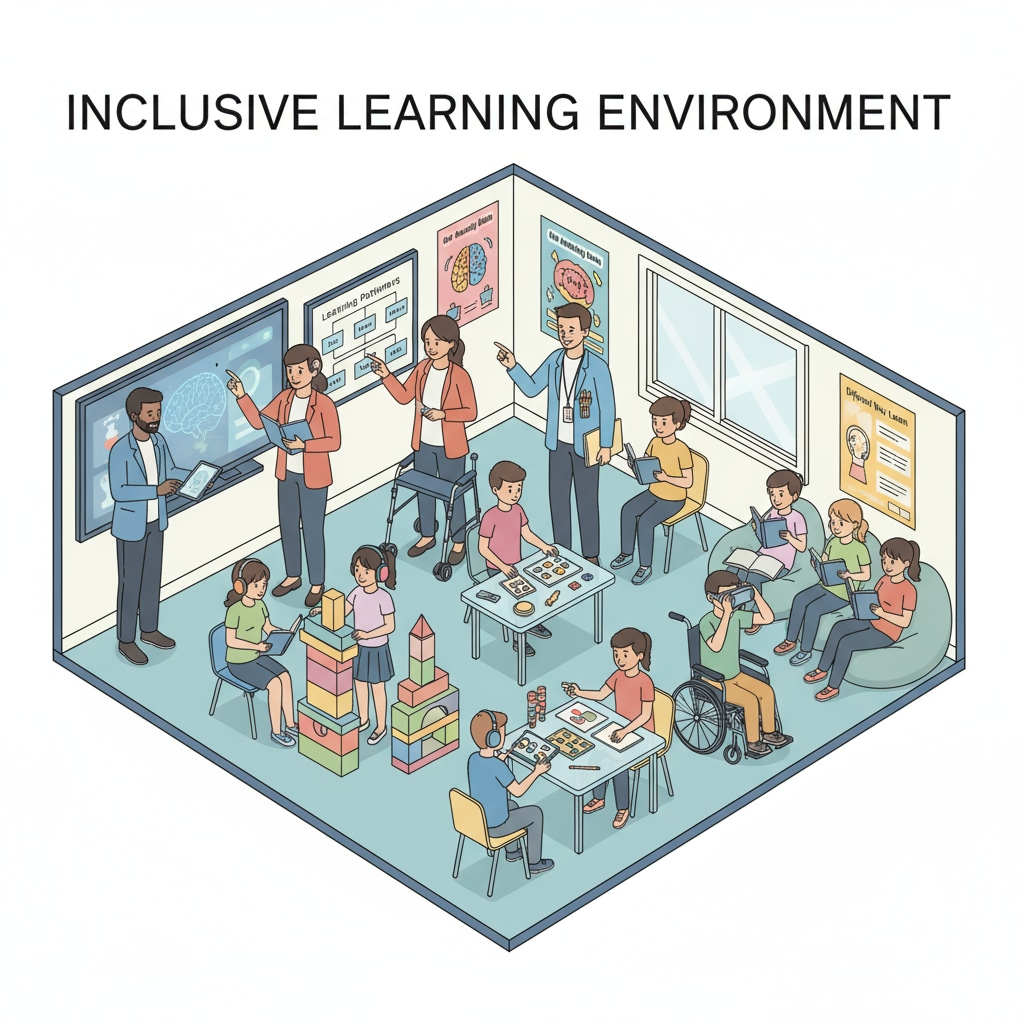Educational careers, system reform, and neurodiversity are intertwined aspects that hold the key to creating a more equitable education system. Neurodiverse educators, with their unique perspectives and experiences, have the potential to drive significant change. In this article, we will explore the diverse paths these educators can take to transform the education landscape.

The Role of Neurodiverse Frontline Teachers
Neurodiverse individuals in the role of frontline teachers bring a wealth of advantages. For example, they can better understand and empathize with neurodiverse students. According to Understood.org, their personal experiences can help them tailor teaching methods to meet the unique needs of these students. They can create inclusive classrooms where every student feels valued and supported. However, they also face challenges, such as dealing with traditional teaching expectations that may not fully accommodate neurodiverse approaches.
Neurodiverse Educators in Curriculum Development

In the realm of curriculum development, neurodiverse educators play a crucial role. They can advocate for more inclusive and diverse curricula. By incorporating their own experiences and knowledge, they can make learning materials more accessible to a wider range of students. As stated on Teach.org, this can lead to a more engaging and effective learning experience. Yet, getting their ideas incorporated into mainstream curricula can be an uphill battle due to existing educational norms.
Another important path is for neurodiverse educators to move into educational leadership positions. They can influence school policies and management styles to be more inclusive. They can create environments that support both neurodiverse students and teachers. However, breaking into leadership roles often requires overcoming biases and proving their capabilities.
Finally, neurodiverse educators can also engage in policy-making at a broader level. They can use their voices to shape educational policies at local, regional, or national levels. By sharing their insights, they can contribute to policies that promote educational equality for all. But this path requires a deep understanding of the political and bureaucratic processes involved.
Readability guidance: As we’ve seen, neurodiverse educators have multiple paths to effect change in the education system. Whether it’s in the classroom, curriculum development, leadership, or policy-making, their contributions are invaluable. By understanding the opportunities and challenges of each path, they can make informed decisions and work towards a more inclusive education system.


